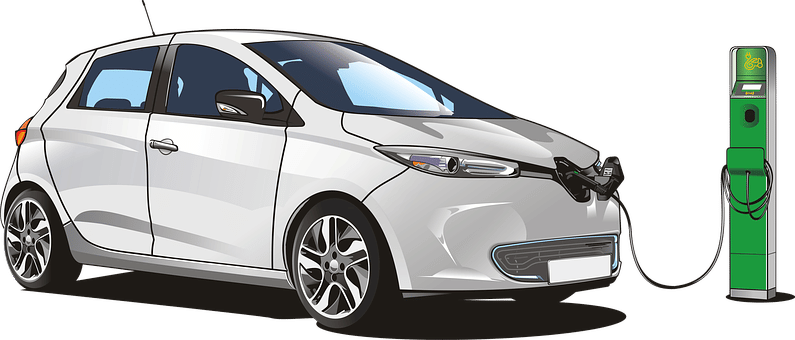Zero Emissions Electric Trucks to be Cost Competitive by 2035: DOE

The U.S. Energy Department unveiled a study on March 7, which indicates that by 2030 nearly half of medium- and heavy-duty truck purchases, operations, and maintenance will be cheaper for those equipped with zero-emission engines than conventional engines powered by diesel fuel. The study, conducted by the National Renewable Energy Laboratory, highlights that clean trucks will be more widely available over the coming decade as zero-emission vehicles and fuel technologies improve. Medium- and heavy-duty vehicles, which represent less than 5 percent of vehicles, account for more than 20 percent of transportation sector emissions. The transportation sector accounts for over a third of U.S. greenhouse gas emissions.
According to the report, zero-emission medium- and heavy-duty vehicles are expected to be competitively priced by 2035, with battery-electric trucks under 500 miles of range likely to be more cost-competitive than smaller ones. Hydrogen fuel cell electric vehicles with a range of more than 500 miles are predicted to become cost-competitive for the long-haul, heavy-duty trucks by 2035 as fuel cell technology advances and clean hydrogen production continues.
The agency’s recent supply chain report outlines numerous strategies for developing a domestic energy industrial base that is secure, resilient, and diverse. Over the next five years, more than $7 billion will be invested into the supply chain for batteries under the 2021 Infrastructure Investment and Jobs Act, resulting in more affordable batteries for all applications. Further, up to 500,000 electric vehicle charging stations will be built under the law with an investment of $7.5 billion. A recent guidance document includes information on truck charging infrastructure eligibility.
The department has initiated several efforts to support electrification of these vehicles. The recently-launched 21st Century Truck Partnership, a collaboration of truck manufacturers, major suppliers, and interagency partners, aims to overcome hurdles to wide-scale truck electrification. The agency’s SuperTruck 3 program targets emissions of freight transportation and the Million Mile Fuel Cell Truck consortium seeks to enable over a million miles of heavy-duty truck use for next generation fuel cells.
Fuel cell electric vehicles and battery electric vehicles are expected to enable trucking to decarbonize and combat climate change.
EnerKnol Pulses like this one are powered by the EnerKnol Platform—the first comprehensive database for real-time energy policy tracking. Sign up for a free trial below for access to key regulatory data and deep industry insights across the energy spectrum.
ACCESS FREE TRIAL